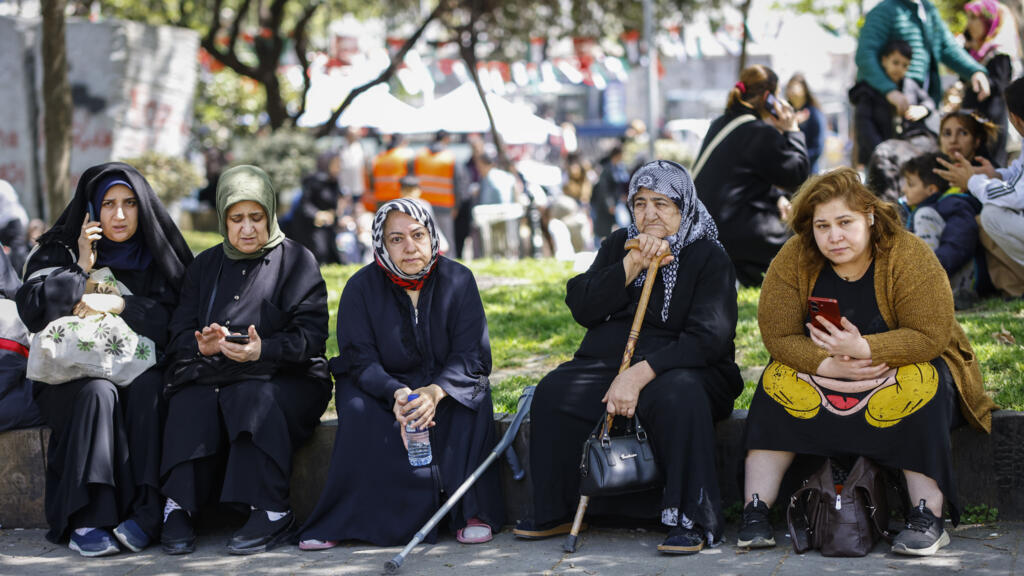6.2-Magnitude Earthquake Strikes Sea of Marmara Near Istanbul
A powerful 6.2-magnitude earthquake struck the Sea of Marmara on Wednesday, causing widespread panic and chaos in Istanbul, Turkey’s largest city. The earthquake's epicenter was located in the sea, but its tremors were felt across the region, prompting thousands of residents to flee their homes and offices in fear of potential aftershocks. Many people took to the streets, seeking safety in open areas as emergency services began to assess the damage.
The seismic event resulted in more than 150 injuries, with individuals reporting various degrees of harm ranging from minor injuries to significant trauma. Hospitals across Istanbul were quickly filled with those injured in the initial shock and the ensuing panic. It has been reported that some individuals suffered from broken bones and other serious injuries due to falling debris and accidents while attempting to evacuate buildings.
Officials have been mobilized to respond to the disaster, with emergency crews working tirelessly to ensure the safety of residents. Search and rescue teams have been deployed to assess structural integrity in affected areas and offer aid where needed. Local authorities have urged citizens to remain vigilant due to the likelihood of aftershocks, which may continue over the coming hours and days.
Many neighborhoods experienced significant disruption, with public transportation halting temporarily as safety assessments were conducted. Residents of the city were advised to stay outdoors and avoid structures until further notice. The local government has initiated a communication plan, providing constant updates to keep citizens informed about safety protocols and the status of public services.
The earthquake serves as a reminder of Turkey's geographical vulnerability, sitting on complex fault lines that are susceptible to seismic activity. Istanbul, with its rich history and dense population, has long been at risk for significant earthquakes. This recent major quake brings fresh concerns about preparedness and the need for robust emergency response strategies in urban centers.
Authorities are also examining potential damage to infrastructure, including roads, bridges, and other critical facilities. Preventive measures and drills have been discussed in past years, but the occurrence of this earthquake has ignited discussions on enhancing Turkey’s resilience to such disasters in the future. Furthermore, community leaders are calling for increased awareness and preparedness among residents to help mitigate the impact of similar events going forward.
As the situation continues to unfold, updates from local news outlets and government channels are crucial for maintaining public awareness and ensuring community safety. Citizens are encouraged to stay informed and follow guidelines issued by emergency services as they work diligently to navigate the aftermath of this natural disaster.
This earthquake episode is expected to lead to broader discussions on the safety regulations in construction practices, urban planning, and emergency response protocols in seismic-prone areas. The lessons learned from this incident may play a critical role in shaping future policies aimed at protecting inhabitants of major cities like Istanbul from the devastating effects of earthquakes.
Overall, the 6.2-magnitude earthquake in the Sea of Marmara highlights not just the immediate impact on the population and infrastructure but also the necessity for long-term solutions regarding earthquake preparedness and resilience. The response of the city and its citizens will be crucial in the days and weeks following this seismic event.












